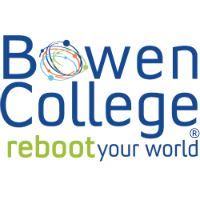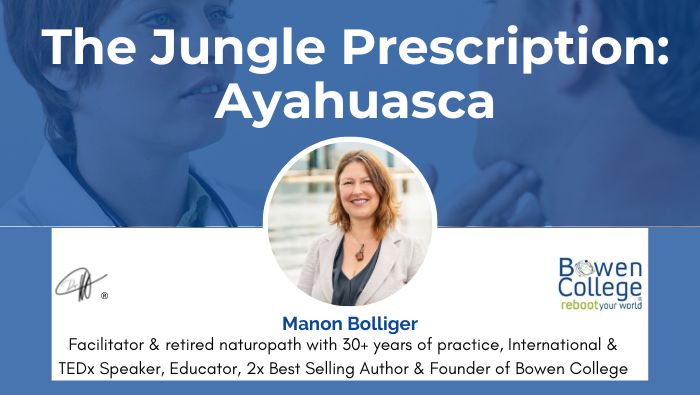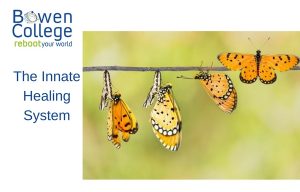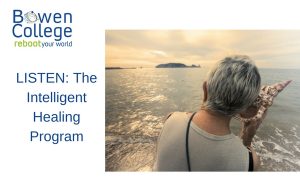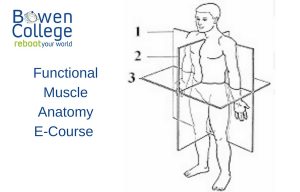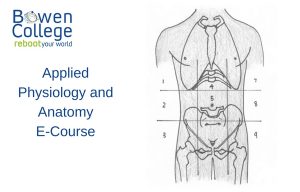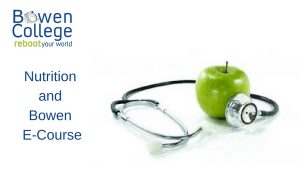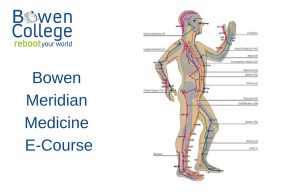In the last post we saw the findings on stress from mouse research. These findings were seen as providing optimism for the development of compounds to improve resilience to pain.
A couple of thoughts come to mind in response to these ideas. On the one hand, yes, we can explore “compounds” that block the nerve cell electrical activity causing increased BDNF or we can find therapies that may decrease the electrical activities or increase receptor sites for dopamine. One such natural therapy is explored in the documentary “Jungle Prescription,” about an Amazonian plant called ayahuasca, known as the “vine of the souls.” There are many such therapies that can change our physiology. On the other hand, given that we are not mice in cages, maybe it is time to re-evaluate the type of lives we lead and the choices that we make which are responsible for eliciting such stress reactions.
Maybe it is time to make radical choices, not only in learning to better manage our choices, but also in making more health-sustaining lifestyle choices. There is no magic pill to clean up our health, our environment and our lives without first clearly establishing the values we hold and being accountable for the choices we make.
As research earlier cited on recurring breast cancer indicates, it is not the stress itself that determines the disease outcomes, but how the stress is dealt with in its immediate aftermath that determines the recovery rate. If support groups play such an instrumental part in the recovery, then it seems evident that a purely biological approach would be fraught with limitations.
